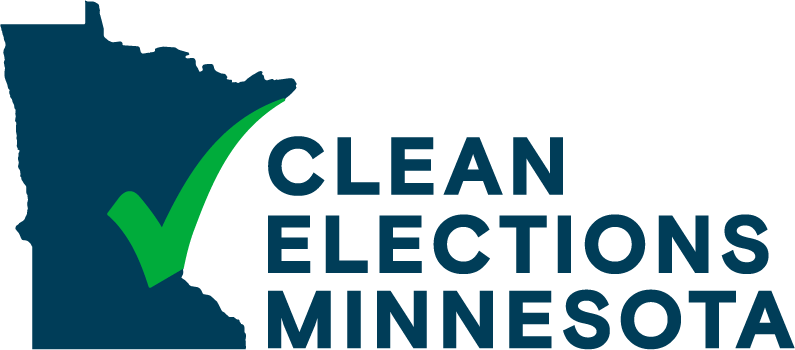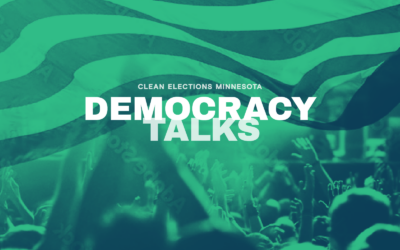MEET THE ECONOMIST BEHIND THE ONE PERCENT’S STEALTH TAKEOVER OF AMERICA [Edited from a review of Democracy in Chains by Lynn Parramore, of the Institute for New Economic Thinking, May 13, 2018.] Nobel laureate James Buchanan is the intellectual linchpin of the Koch-funded attack on democratic institutions. Ask people to name the key minds that have shaped America’s burst of radical right-wing attacks on working conditions, consumer rights and public services, and they will typically mention figures like free market-champion Milton Friedman, libertarian guru Ayn Rand, and laissez-faire economists Friedrich Hayek and Ludwig von Mises. James McGill Buchanan is a name you will rarely hear unless you’ve taken several classes in economics…The reason? Duke historian Nancy MacLean contends that his philosophy is so stark that even young libertarian acolytes are only introduced to it after they have accepted the relatively sunny perspective of Ayn Rand. (Yes, you read that correctly). If Americans really knew what Buchanan thought and promoted, and how destructively his vision is manifesting under their noses, it would dawn on them how close the country is to a transformation most would not even want to imagine, much less accept. That is a dangerous blind spot, MacLean argues in a meticulously researched book, Democracy in Chains: The Deep History of the Radical Right’s Stealth Plan for America, a finalist for the National Book Award in Nonfiction. While Americans grapple with Donald Trump’s chaotic presidency, we may be missing the key to changes that are taking place far beyond the level of mere politics. Once these changes are locked into place, there may be no going back. MacLean’s book reads like an intellectual detective story. In 2010, she moved to North Carolina, where a Tea Party-dominated Republican Party got control of both houses of the state legislature and began pushing through a radical program to suppress voter rights, decimate public services, and slash taxes on the wealthy that shocked a state long a beacon of southern moderation….Up to this point, the figure of James Buchanan flickered in her peripheral vision, but as she began to study his work closely, the events in North Carolina and also Wisconsin, where Governor Scott Walker was leading assaults on collective bargaining rights, shifted her focus. Could it be that this relatively obscure economist’s distinctive thought was being put forcefully into action in real time? MacLean got access to Buchanan’s papers in January 2013. That year, just as the government was being shut down by Ted Cruz & Co., she traveled to George Mason University in Virginia, where the economist’s papers lay willy-nilly across the offices of a building now abandoned by the Koch-funded faculty to a new, fancier center in Arlington. MacLean was stunned [to find] drawers full of papers that included personal correspondence between Buchanan and billionaire industrialist Charles Koch. That’s when she had an amazing realization: here was the intellectual linchpin of a stealth revolution currently in progress. A Theory of Property Supremacy Buchanan, MacLean notes, was incensed at what he saw as a move toward socialism and deeply suspicious of any form of state action that channels resources to the public. Why should the increasingly powerful federal government be able to force the wealthy to pay for goods and programs that served ordinary citizens and the poor? … Buchanan’s view of human nature was distinctly dismal….he insisted that people were primarily driven by venal self-interest. Crediting people with altruism or a desire to serve others was “romantic” fantasy: politicians and government workers were out for themselves, and so, for that matter, were teachers, doctors, and civil rights activists. They wanted to control others and wrest away their resources: “Each person seeks mastery over a world of slaves.”… The people who needed protection were property owners, and their rights could only be secured through constitutional limits to prevent the majority of voters from encroaching on them, …He saw society as a cutthroat realm of makers (entrepreneurs) constantly under siege by takers (everybody else) His own language was often more stark, warning the alleged “prey” of “parasites” and “predators” out to fleece them. …He trained thinkers to push back against the Brown v. Board of Education decision to desegregate America’s public schools and to challenge the constitutional perspectives and federal policy that enabled it. …he took care to use economic and political precepts, rather than overtly racial arguments, to make his case, which nonetheless gave cover to racists who knew that spelling out their prejudices would alienate the country. [Similar to his intellectual predecessor John C. Calhoun, a ferocious defender of slavery]… Buchanan wanted a private governing elite of corporate power that was wholly released from public accountability. Suppressing voting, changing legislative processes so that a normal majority could no longer prevail, sowing public distrust of government institutions— all these were tactics toward the goal. But the Holy Grail was the Constitution: alter it and you could increase and secure the power of the wealthy in a way that no politician could ever challenge…. Koch, whose mission was to save capitalists like himself from democracy, found the ultimate theoretical tool in the work of the southern economist. The historian writes that Koch preferred Buchanan to Milton Friedman and his “Chicago boys” because,…they wanted “to make government work more efficiently when the true libertarian should be tearing it out at the root.” With Koch’s money and enthusiasm, Buchanan’s academic school evolved into something much bigger. By the 1990s, Koch realized that Buchanan’s ideas — transmitted through stealth and deliberate deception, as MacLean amply documents — could help take government down through incremental assaults that the media would hardly notice. The tycoon knew that the project was extremely radical, even a “revolution” in governance, but he talked like a conservative to make his plans sound more palatable. [By 1997, Buchanan focused] on such affronts to capitalists as environmentalism and public health and welfare, expressing eagerness to dismantle Social Security, Medicaid, and Medicare as well as kill public education because it tended to foster community values. Feminism had to go, too: the scholars considered it a socialist project. The Oligarchic Revolution Unfolds Buchanan’s ideas began to have huge impact, especially in America and in Britain. In his home country, the economist was deeply involved efforts to cut taxes on the wealthy in 1970s and 1980s and he advised proponents of Reagan Revolution in their quest to unleash markets and posit government as the “problem” rather than the “solution.” The Koch-funded Virginia school coached scholars, lawyers, politicians, and business people to apply stark right-wing perspectives on everything from deficits to taxes to school privatization….by 1990 two of every five sitting federal judges had participated. “40 percent of the U.S. federal judiciary,” writes MacLean, “had been treated to a Koch-backed curriculum.”

